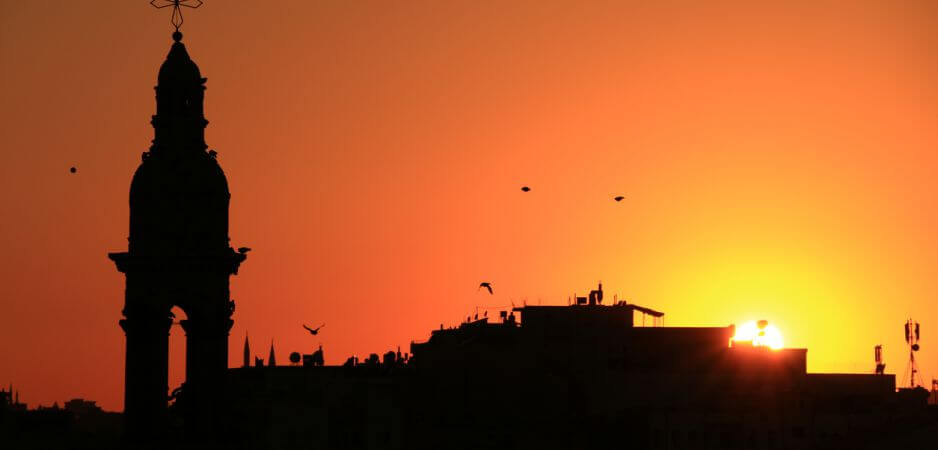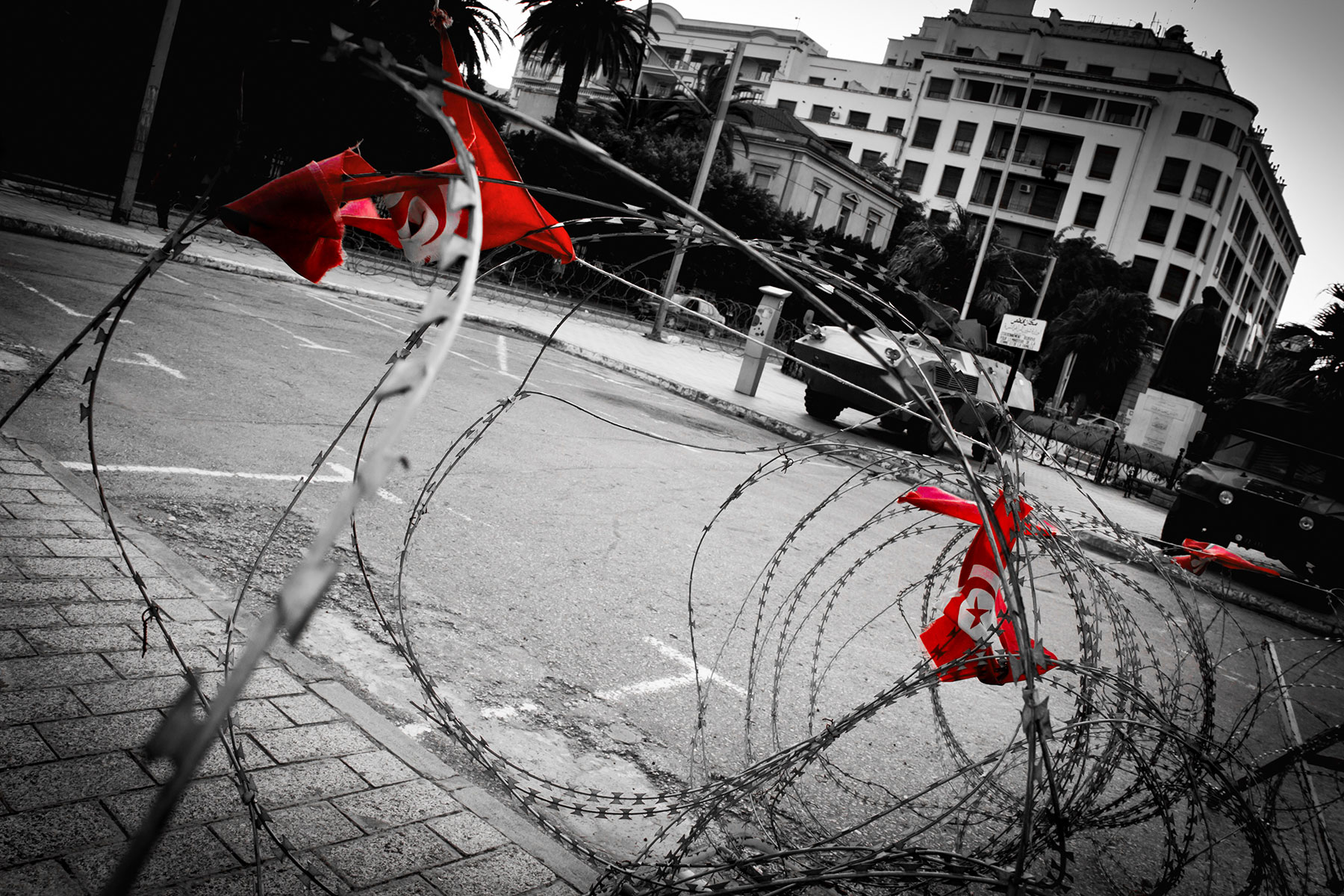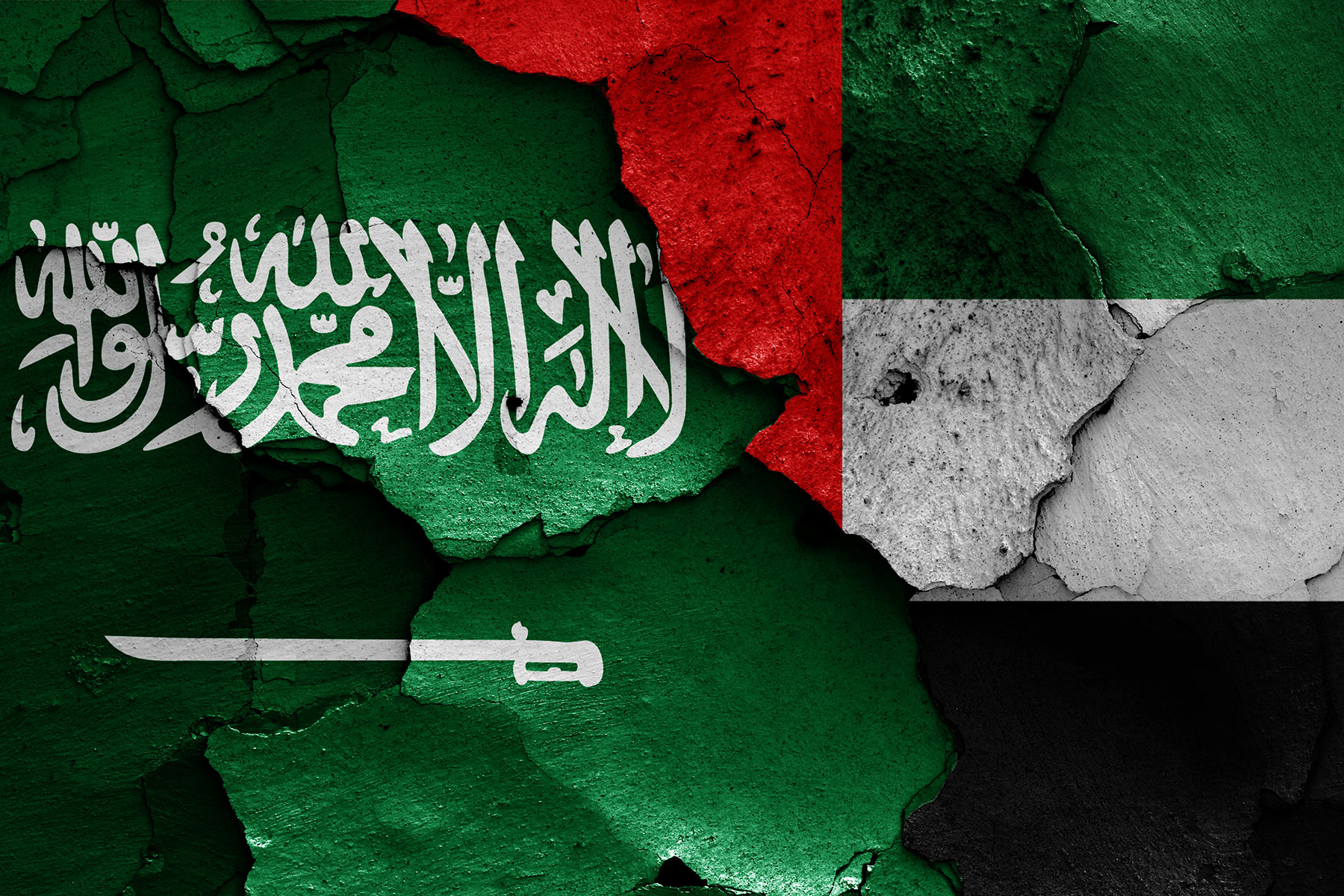The battle for Mosul will very likely push Iraq’s indigenous populations to the fringes of society.
Remember who the US military first aided when American warplanes joined the battle against the Islamic State (IS) in 2014? It wasn’t the Iraqi government. It was a religious minority known as the Yazidis, who were stranded and surrounded by the terrorist group on Mount Sinjar in northern Iraq.
Now, the fight to wrest control of Mosul from IS has the world fixated on Iraq’s second largest city—and the uncertain fate of its remaining inhabitants caught in the crossfire. But the city’s indigenous minorities, including Yazidis, Assyrians and a variety of other small sects who consider the area their ancestral home, have already been kicked out for not submitting to the Islamic State’s radical version of Islam. And they have been largely forgotten.
Their only means of survival in the ethnic and sectarian cauldron that will likely remain for years to come may be the establishment of an autonomous region inside Nineveh Province, similar to what currently exists for the Kurds.
“Since 2003, we have been struggling because of the conflict between the big [players] in Iraq. They are fighting for our lands in Nineveh, without even counting us as the original people of this area,” says Athra Kado, an Assyrian teacher and soldier with the Nineveh Plains Protection Unit, a fighting unit safeguarding local communities against Islamic militants in northern Iraq. “Our people and other minorities are asking for a province, Nineveh Plains Province, and that is the first step for having our own autonomy—to have our own economic percentage as any other province in Iraq. And to have our own forces in the area.”
RELIGIOUS MINORITIES IN IRAQ
Yazidis speak Kurdish and adhere to a religious order that incorporates elements of the various Abrahamic faiths. Many of their young women have been taken captive and sold as sex slaves by IS.
The Assyrians, also sometimes referred to as Chaldeans or Syriacs, are divided between various Christian denominations. They are not Arab and speak dialects of Aramaic, the language of Jesus. Since 2003, the number of Iraqi Christians has dwindled considerably, from some 1.5 million to around 350,000 or less.
The notion of creating an area within Iraq solely to safeguard these minorities is not new. In 2010, Jalal Talabani, then president of Iraq, and former Prime Minister Nouri al-Maliki voiced support for an autonomous area for Christians.
Indeed, Article 125 of the Iraqi constitution permits the creation of self-governing areas, stating: “This Constitution shall guarantee the administrative, political, cultural, and educational rights of the various nationalities, such as Turkomen, Chaldeans, Assyrians, and all other constituents, and this shall be regulated by law.”
But a measure to create such an autonomous region was recently struck down by the Iraqi government.
Still, there remains hope that in the aftermath of the Mosul fight, the Iraqi government can be swayed to reconsider. In December 2016, US Representative Jeff Fortenberry, a Republican from Nebraska, introduced a resolution in Congress supporting the creation of such an autonomous region to protect groups like the Assyrians and Yazidis.
The resolution states, in part, that Mosul and the wider region “have been the ancestral homeland of Assyrian Chaldean, Syriac Christians, Yazidis, Sunni and Shia Arabs, Kurds, Shabak, Turkmen, Kaka’i, Sabaean-Mandeans, and others where they lived for centuries in a spirit of general pluralism, stability, and communal cooperation despite periods of external violence and persecution, until the Islamic State of Iraq and the Levant overran and occupied much of the region in 2014.”
The resolution adds: “The return of the displaced indigenous peoples of the Nineveh Plain, many of whom are displaced within Iraq, to their ancestral homeland should be a policy priority of United States and the international community.”
Even some of Iraq’s influential security leaders agree. “I totally support self-governing provinces with federal Iraq. It would be easier for the central government to administrate, distribute resources equally [to] the people so that they restore the sense of loyalty to the nation,” says Ismael Alsodani, a retired brigadier general of the Iraqi army and retired defense attaché for the Embassy of Iraq in Washington, DC.
AFTER THE BATTLE
In the meantime, as the Mosul battle plays out, Iraq’s minorities are not sitting idly waiting for the government to defend them. Local groups have taken arms to defend their villages in northern Iraq from radical Islamists. Militias like Dwekh Nawsha, which includes local Assyrians and volunteers from the US, Australia and France, have been trained by American security contracting firm Sons of Liberty. There is also the Assyrian-led Nineveh Plains Protection Unit, which has limited resources. Yazidis, too, have a military unit called the Sinjar/Shingal Resistance Unit.
 Stephen Biddle, a former professor at the US Army War College who advised the American military commands in both Iraq and Afghanistan, believes there is little doubt that Mosul can be taken by Iraqi government and Kurdish troops, backed by US and allied forces.
Stephen Biddle, a former professor at the US Army War College who advised the American military commands in both Iraq and Afghanistan, believes there is little doubt that Mosul can be taken by Iraqi government and Kurdish troops, backed by US and allied forces.
The toughest part will begin after the battle. “Without a stabilization force of competent soldiers much larger than the Iraqis—or the US—is likely to provide, the result of pulling down the ISIS [Islamic State] black flag over Mosul or Raqqa [in Syria] is likely to be continued chronic warfare with a different cast of characters,” Biddle predicts.
TRAPPED IN SINJAR
Ashur (name withheld for security reasons) is an Assyrian physician who fled Mosul into the Kurdish-controlled region with his family. Encouraged by his Sunni Muslim Arab neighbors to leave before Islamic militants entered, Ashur and his family fled before Mosul fell to the Islamic State’s control.
At Badriya checkpoint, located between Mosul and Dohuk, Ashur’s Muslim neighbors were not allowed to move into the Kurdish controlled area. Now working with a humanitarian organization, Ashur is not sure if he will ever return home to Mosul.
“What I’ve heard from people living in Mosul—they are planning to stay as much as possible, but nobody knows what’s gonna happen,” Ashur said. “For me, moving back to Mosul seems impossible even after the liberation since you can find ISIS not only on the ground, but living inside some or even many people minds [sic] living there.”
Ashur is more concerned with helping internally displaced people (IDP) by providing them with primary care health services through medical mobile units. The number of IDPs is expected to grow as the battle for Mosul continues.
Bradley Brincka, an American who travels frequently between Sinjar and Dohuk in Iraq, works for a Yazidi nongovernmental organization (NGO) called Yazda. He documents the genocide inflicted upon the Yazidis by the Islamic State.
“About 40% of Sinjar is still under IS control. The northern side of the mountain was liberated in the winter of 2014, but the southern villages are still occupied. Some Yazidis want to leave Iraq and others want to go back home,” Bricka said. “I wouldn’t say there is a consensus either way. But the greatest concern for Yazidis is the uncertainty about the security situation in Sinjar going forward. They are fearful that another genocide could happen without international protection. And they are fearful that political rivalries will endanger the district even after IS is gone.”
The battle for Mosul will very likely exacerbate the region’s humanitarian crisis and further push Iraq’s indigenous populations to the fringes of society—if not completely out of the country.
Mikael Benjamin, an Assyrian in Dohuk, is the vice president of the Nineveh Center for Research and Development, an NGO that works to promote human rights for Iraq’s indigenous populations. He engages in outreach programs and surveys the condition of IDPs in Iraq. According to Benjamin, there are about 4,000 internally displaced Christian families in the areas surrounding Dohuk and the Assyrian village of Alqosh.
“There are good numbers still ready to go back home, but to Nineveh Plains. It seems more difficult to talk about Mosul,” he said. “They want their own province, but the problem [is] they do not trust anybody, any side or part. Not [the] central government, nor KRG [Kurdistan Regional Government]. The most [sic] still demand international protection … without such guarantees it will be more difficult for a lot of them to go back. They believe the KRG wants the Nineveh Plains for themselves.”
The views expressed in this article are the author’s own and do not necessarily reflect Fair Observer’s editorial policy.
Photo Credit: Memedozaslan
For more than 10 years, Fair Observer has been free, fair and independent. No billionaire owns us, no advertisers control us. We are a reader-supported nonprofit. Unlike many other publications, we keep our content free for readers regardless of where they live or whether they can afford to pay. We have no paywalls and no ads.
In the post-truth era of fake news, echo chambers and filter bubbles, we publish a plurality of perspectives from around the world. Anyone can publish with us, but everyone goes through a rigorous editorial process. So, you get fact-checked, well-reasoned content instead of noise.
We publish 2,500+ voices from 90+ countries. We also conduct education and training programs
on subjects ranging from digital media and journalism to writing and critical thinking. This
doesn’t come cheap. Servers, editors, trainers and web developers cost
money.
Please consider supporting us on a regular basis as a recurring donor or a
sustaining member.
Support Fair Observer
We rely on your support for our independence, diversity and quality.
Will you support FO’s journalism?
We rely on your support for our independence, diversity and quality.






